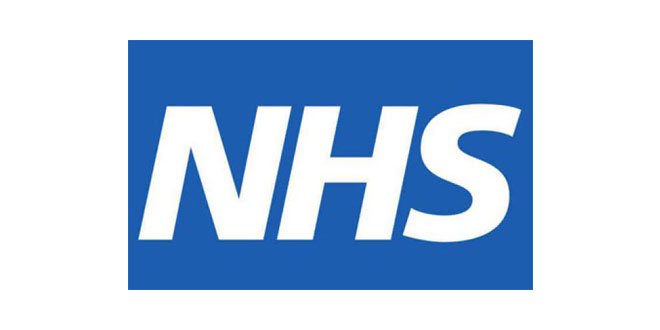NHS Hands 50,000 People Control Of Their Own Care
 More than 50,000 people have taken charge of their own care after being handed control of how their NHS funding is spent.
More than 50,000 people have taken charge of their own care after being handed control of how their NHS funding is spent.
Personal Health Budgets can be used to purchase personalised wheelchairs, assistance dogs and respite care to manage complex health problems, as well as tech devices that can control curtains, lighting, heating and door intercoms to help people live independent lives.
The rollout of the Budgets across the country is two years ahead of scheme and being ramped up further as part of the NHS Long Term Plan.
New figures published today by NHS England and Improvement show 54,143 people with long-term health problems, including disabled people and those with long-term physical and mental health conditions, are currently benefiting from them.
At least 200,000 people will be given the chance to improve their health and wellbeing by using a Personal Health Budgets within the next five years.
The vast majority of Personal Health Budget spending goes on the provision of direct care and support, such as help with washing, eating, dressing and other aspects of essential personal care.
However, the spending packages also foster investment in new technology, with patients able to request modified and improved support like personalised wheelchairs.
Many patients with chronic conditions, like arthritis and serious muscle problems, have hired personal assistants who can help to manage household tasks and ease pressure on joints, stopping problems escalating and leading to intensive medical treatment or the need for going in to a care home or being admitted to hospital.
One patient with epilepsy has a carer who manages their medication which helps to prevent fits and potential serious injury.
Another, living with a serious lung condition that causes breathing problems, limiting her movement and causes depression linked to physical pain, has invested in an at-home exercise bike which she shares with other people in the area with the same condition, allowing them to exercise safely, manage their condition and be more sociable, to prevent isolation.
Simon Stevens, Chief Executive of NHS England and Improvement, said: “These are practical but radical reforms enabling NHS patients to take direct control of their own care. While not right for everyone, for some people with long term health problems, the NHS is now offering them the opportunity to completely reshape the personal and health support they get. With over 50,000 people now choosing this route, this initiative has proven its practical benefits for patients and their families, and so will now be expanded further.”
James Sanderson, Director of Personalised Care Group, NHS England added: “A one-size-fits-all health and care system simply cannot meet the increasing complexity of people’s needs and expectations.
“Instead of having their health care ‘done to’ them, people with personal health budgets are an equal and active partner in their own health care and able to make their own decisions.
“More than 54,000 people now have more choice and control over their lives, which we know leads to better outcomes. This fantastic figure shows what can be achieved with strong local partnerships between CCGs, local authorities, providers and the voluntary and community sector.”
Personalised care sees GPs and local agencies working with patients who often have multiple long-term health conditions to make decisions about managing their health and care, by asking what matters to that individual rather than just what’s wrong with them.
Together, they create a personalised care and support plan, and agree how their personalised health budget will best be spent to help improve their health and wellbeing. The budget can integrate health and social care funding and helps join up these services at a local level.
A Personal Health Budget is not new money, so does not cost the NHS more money. There is a growing evidence base that people achieve better outcomes with a PHB, they are spent almost exclusively on essential care and they save the NHS money over time.
Other examples of Personal Health Budgets working well include:
- To support a Worcestershire boy with profound and multiple learning disabilities and severe epilepsy. The PHB pays for a carer to look after him at his home, help manage his medication and to feed him. It means he has not needed to be placed in residential care miles from home. It has transformed his life and has saved the NHS money.
- One woman in Northampton, who is deafblind and suffers with severe osteo-arthritis, to hire a personal assistant to accompany her and be her ears and eyes when she is out, helping her to stay active safely and cope with the pain caused by her arthritis.
- A skilled engineer from Lincolnshire, who was left paraplegic after a motorcycle accident uses his personal health budget to pay for mechanical parts so he can build high-specification customised power wheelchairs for himself, to help avoid muscle spasms and to maintain his active lifestyle.
- One patient has invested in an assistance dog, who has knowledge of more than 200 commands and can alert her to an epileptic seizure, predict hypo and hyperglycaemic attacks and even open the door for paramedics. She no longer requires physiotherapy and visits the GP less often.





